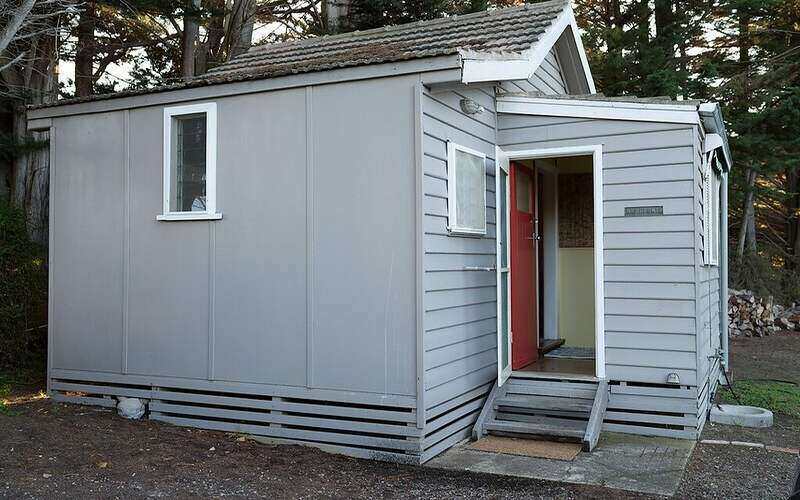The Australian Housing and Urban Research Institute (AHURI) found a quarter of tenants were experiencing immediate problems paying rent, and 35% were concerned they would not be able to pay full rent in the next few months.
Despite this, many tenants were apprehensive about requesting rental assistance from their landlords out of concern of future repercussions, like poor references, or property defects not being fixed.
Buying a home or looking to refinance? The table below features home loans with some of the lowest variable interest rates on the market for owner occupiers.
| Lender | Home Loan | Interest Rate | Comparison Rate* | Monthly Repayment | Repayment type | Rate Type | Offset | Redraw | Ongoing Fees | Upfront Fees | LVR | Lump Sum Repayment | Additional Repayments | Split Loan Option | Tags | Features | Link | Compare |
|---|---|---|---|---|---|---|---|---|---|---|---|---|---|---|---|---|---|---|
6.04% p.a. | 6.06% p.a. | $2,408 | Principal & Interest | Variable | $0 | $530 | 90% | Featured 4.6 Star Customer Ratings |
| |||||||||
5.99% p.a. | 5.90% p.a. | $2,396 | Principal & Interest | Variable | $0 | $0 | 80% | Featured Apply In Minutes |
| |||||||||
6.09% p.a. | 6.11% p.a. | $2,421 | Principal & Interest | Variable | $0 | $250 | 60% | Featured Unlimited Redraws |
|
The study found 93% of tenants reported they initiated rental negotiations, with most landlords assuming "no news was good news".
Only half of the tenants who had asked for rent reductions reported the landlord or property owner agent had fully accepted their requests.
The financial hardship tenants were experiencing extended to not being able to pay utility bills on time, going without meals and being unable to heat their homes.
While some landlords also experienced challenges from a loss of rental income, most were able to manage the financial shortfall.
Some landlords were conflicted between trying to show compassion, while also not wanting to fall into financial hardship themselves.
Others questioned whether tenants asking for assistance were in genuine need.
AHURI lead report author Dr David Oswald said as more time was spent at home, issues like property defects and maintenance, and tenant relationships, were being put under more strain.
"The pandemic has amplified many weaknesses - such as affordability, rental security, overcrowding and homelessness - in the Australian housing system; and in particular, exacerbated many existing challenges in the rental sector," Dr Oswald said.
"With moratoriums on evictions, rent increases and mortgage deferrals all coming to an end, the issues uncovered by this research risk rapidly worsening."
See also: Renters vs homeowners COVID-19 struggles compared
Government support critical to rental landscape
The research highlighted the critical role government financial support, primarily through JobSeeker and JobKeeper, was playing in enabling many tenants to pay bills, cover the cost of rent, and remain in their home.
Prime Minister Scott Morrison this week said JobSeeker would be further extended until the end of March, but at a reduced rate, with JobKeeper set to finish around the same time.
"It was clear from our findings that without this government support, many tenants would be in a significantly worse position, including potentially homeless," Dr Oswald said.
"Both landlords and tenants reported confusion, stress and uncertainty about what would happen when government financial support packages end."
Overall, there was broad agreement government support was well received, although there was acknowledgment it was geared towards the tenants and not landlords.
"Overwhelmingly, landlords thought government action had not adequately considered them," Dr Oswald said.
"Formally including mortgage relief strategies as part of the broader housing and wage relief assistance would provide a more holistic package of support.
"By focusing on improving the success of negotiations in the landlord-tenant relationship, both economic and mental wellbeing could be significantly improved."
What's the solution?
AHURI recommended future policy on supporting the landlord–tenant relationship should consider:
- A protective negotiation framework to structure rent negotiations between tenants and landlords;
- Clear government advice for real estate agents;
- Centralised guidance on tenant hardship, that defines the evidence required for tenants to demonstrate financial hardship;
- A landlord hardship fund;
- Policy flexibility on moving; and
- Improved information and guidance in defining the end of support.

Ready, Set, Buy!
Learn everything you need to know about buying property – from choosing the right property and home loan, to the purchasing process, tips to save money and more!
With bonus Q&A sheet and Crossword!






 Emma Duffy
Emma Duffy
 Harrison Astbury
Harrison Astbury
 Rachel Horan
Rachel Horan
 Harry O'Sullivan
Harry O'Sullivan
 William Jolly
William Jolly

